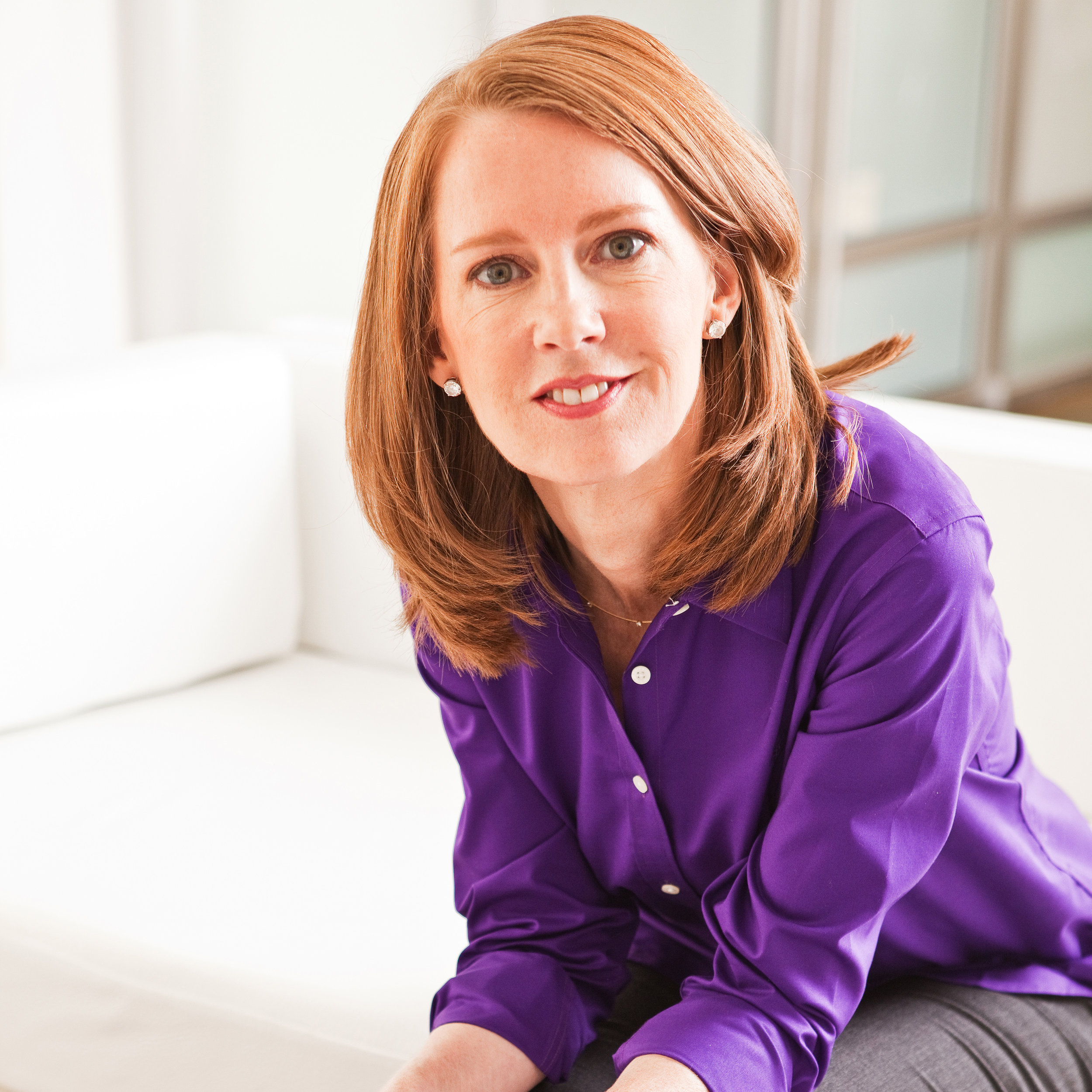In the past I’d worked in commissioned sales — both print advertising and television programs – so the notion of having compensation tied to performance didn’t particularly scare me. I’d also helped build media businesses, which allowed me to imagine that being a freelancer wouldn’t be all that different.
But at the time, I foolishly focused in on my past successes instead of what really mattered — the practical nitty-gritty.
Today, given the deluge of people going freelance as a result of the Great Recession — a recent Intuit study estimates that by 2020 the number of U.S. freelancers will be as high as 60 million or 40% of our workforce— it’s worth examining what this army of the newly minted self-employed will be likely to experience.
Having been in the freelance space for over a decade, here’s what I’ve learned:
It’ll Change Your Identity
Most of us spend great swaths of time at work. It’s no wonder we define ourselves by what we do there: The higher up a particular ladder we progress, the more money we make, and the more valuable and important we feel we’ve become. It’s a key way U.S. culture measures worth and success. (See Sandberg, Sheryl: Lean In)
When I stopped having a title, I changed overnight from being a person whose work and worth was easily calibrated by others, into something that felt amorphous and slippery. I was surprised by how emotionally vulnerable it made me feel.
It took me a year or more to begin to feel comfortable describing myself as a freelance journalist. Peer judgment, real or internally projected, can sideswipe someone in the midst of a career change. Before making the freelance leap, try to anticipate the full range of ways others’ evaluation of your new status will make you feel. That shouldn’t stop you, but you should be prepared.
It’s Expensive
Depending on what you choose to do, there will be savings – reduced wardrobe expense, potentially reduced transportation costs – but there are also significant costs to going it alone.
Setting up and operating a home office and business – legal fees (will your corporate self be an S, C or LLC?), bookkeeping and productivity software, computer hardware, website design and hosting, marketing, tax preparation (just to name a few) – costs real money. Don’t overlook the importance of funding retirement accounts or health insurance.
As for that paycheck, you should know when you go freelance, that you probably won’t earn as much money as you would have had you stayed in your company job.
Also know, that your future income will be hugely variable. Monthly retainers and long-term commitments are increasingly vestiges of a bygone era. It’s a given that clients will, in the best-case scenario, pay you 90 days after you submit your invoice. So craft a financial plan with built-in contingencies.
It’s Hard Work
Before I went freelance, I’d thought the vicissitudes of sales jobs had thickened my skin for the ups and downs of freelance work, but it’s one thing to sell the product of a team effort and something else entirely when the product is … you.
Then, rejection becomes infinitely harder to shake off. Day in and day out, a freelancer has to get up knowing that they need to network and self-promote even when the process is grueling and humbling.
And the hard work doesn’t stop after a sale or a commission. Don’t expect to hear back from the prospective buyer for days and weeks. Developing a graceful way to continually seek reassurance that the work was acceptable and didn’t get lost in the company spam filter (a favorite way for freelancers to let-clients-off-the-hook-for-their-rudeness) can be a chronic, dispiriting challenge.
Finally, remember you’ll be wearing a lot of hats. And that’s definitely hard work. When the internet goes down or the printer jams, you are the IT department; when payments are in arrears, you are Accounts Receivable as well.
Some Things Need Collaboration
Developing new leads, hatching the best distribution or marketing plan, uncovering fresh sources for manufacturing, refining or expanding an idea — many things are improved with collaboration.
A loose network of friends and colleagues can help identify resources and brainstorm. Co-working spaces can also offer a collaborative environment. Virtual communities, like Freelancer.com or LinkedIn can provide leads and resources, but, let’s be honest, it’s lonely out there.
It Can Make You Happy
Having worked freelance for the past 15 years, I find I can no longer remember what it felt like to work a 9 to 5 job. The irregular cash flow and diminished income is more than made up by the freedom to choose my work. I love being wholly responsible for the success or failure of my output, which researchers have identified as a key determinant of workplace happiness. A 2004 research study of 1,000 people by the Work Foundation suggests I’m not alone: More than 80% of those surveyed who were self-employed said they were satisfied or very satisfied with their jobs.”
When in doubt, I take solace from risk engineering professor Nassim Taleb’s assertion in Antifragile: Things That Gain From Disorder that by buffeting about in the roiling waters of regular professional uncertainty, the freelancer becomes strong.
In a world where job security is a quaint 20th century artifact, perhaps evolving an independent, freelance career for oneself is a cleverly Darwinian means of survival.







